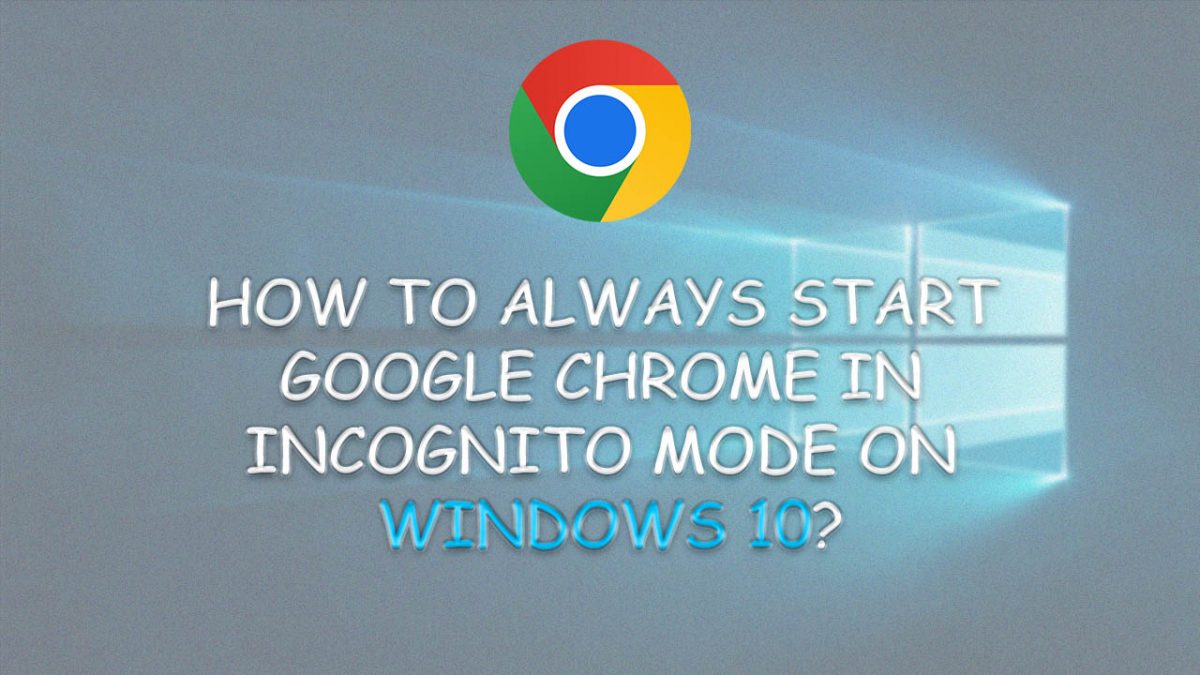Web Browser System Requirements Overview
When you are planning to install a new web browser on your system, or to upgrade one of the browsers to a newer version, you need to make sure that your system meets the requirements for that. While it is usually not a issue anymore when it comes to hardware requirements, you may notice that it is a completely different story when it comes to supported operating systems for instance. Firefox users on Windows 2000 will for instance notice that they won't be able to update from Firefox 12 to 13 in the near future, as Mozilla has dropped support for that operating system starting with that version of the browser.
For this guide, I have analyzed the system requirements for the following web browsers: Internet Explorer 8, Internet Explorer 9, Firefox, Google Chrome, Safari and Opera. The latest browser versions were analyzed, with the exception of Firefox, where I looked at Firefox 13 and not Firefox 11 due to the change in operating system support in that version.
Key Findings
- Opera is the only browser in that list that is still supporting Windows 2000
- Opera, Firefox and Chrome are the only browsers available for Windows, Mac and Linux systems
- Opera has the lowest system requirements, with the exception of IE8 on Windows XP
System Requirements Table
A blank field means either that the operating system is not supported, or that no information have been provided by the company developing the browser.
| Internet Explorer 8 | Internet Explorer 9 | Firefox | |
| Processor Windows | 233 Mhz | 1-GHz | Pentium 4 |
| Process Mac | Intel | ||
| Min RAM | 64 MB (XP) | ||
| Recommended RAM | 512 MB | 512 MB | 512 MB |
| Min Disk Space | 150 MB (XP), 70 (Vista) | ||
| Rec. Disk Space | 70 Mb | 70 Mb | 200 MB |
| Rec. Disk Space 64-bit | 120 MB | 120 MB | |
| Windows | Windows XP | Windows Vista | Windows XP SP2 (FF 13) |
| OS X | OS X 10.5 | ||
| Linux | Any recent | ||
| Chrome | Opera | Safari | |
| Processor Windows | Pentium 4 | Pentium II | 500-MHz Pentium-class |
| Process Mac | Intel | Intel | |
| Min RAM | 128 MB | 128 MB | 256 MB |
| Recommended RAM | 256 MB | ||
| Min Disk Space | 100 MB | 20 MB | unknown |
| Rec. Disk Space | 100 MB | ||
| Rec. Disk Space 64-bit | |||
| Windows | Windows XP SP2 | Windows 2000 | Windows XP SP2 |
| OS X | OS X 10.5.6 | Mac OS X 10.5 | OS X 10.5.8 |
| Linux | Ubuntu 10.04 | Any recent | Not available |
| Debian 6 | |||
| OpenSuse 11.3 | |||
| Fedora Linux 14 |
Resources
Closing Words
With Firefox ending support for Windows 2000, it is only the Opera browser that is still supporting that operating system, at least when it comes to the five most popular browsers in the world market share wise. If you look beyond those five, you will find other browsers, like Maxthon for instance, which supports Windows 2000 as well.
Are you looking through a browser's system requirements before you install it on a computer system, or is that something that you do not care about at all?
Advertisement




















Apart from older people, lets consider users from under-developed countries who need to use up-to-date browsers on old PCs in order to surf the web and get real information…
leave it alone
I read with interest that Opera will install (and presumably run) with as little as 20MB free disk space. I would like to know if this refers to the GNU/Linux version — and not to MS Windows? That’s not quite clear to me from reading the table.
This is of importance as I’m looking for the best choice for a netbook (701) with a 4GB SSD. Looking for your comment, many thanks.
ok can you help me please with my home work
system requrements checked for new install everytime
as an aside, it is a shame older OS are not supported for much longer. There’s a growing number of aged users, and they may not be able to afford new hardware & software upgrades on a penson income.
The one thing retired people have is a lot of free time. If you can’t afford new hardware then consider learning how to use a lightweight Linux distro like Lubuntu.
I currently have Lubuntu installed on a 10 year old laptop with a 1.5 Ghz P4 and 512MB RAM. After disabling a few useless modules it uses ~60 MB RAM once fully booted up. It can’t handle Flash video but is still a very useful machine (more so than my new Tablet which I’m returning today).
Thanks for the tip. It took some time for my dad (84 years old) to learn windows, hadn’t considered moving him to different operating system. The no flash might be a problem for whilst he does some browsing and bill payments online, webcam with family is really the main use of pc.
I’m a firefox user since the early days and have never looked once at system requirements. And even if ff is a “bloated” browser, i never found a browser which fits my needs better than mozillas solution.
So for me, usability comes first, everything else is only second priority.
Speaking of browsers, Chrome has passed IE in world market share (IE ruled since 1988) .
The only place in the world where IE is still top browser in US.
Chrome now commands 32.76% of the worldwide market,
compared to 31.94% for Internet Explorer and 25.47%
for Firefox.
http://gs.statcounter.com/#browser-ww-weekly-201120-
201220